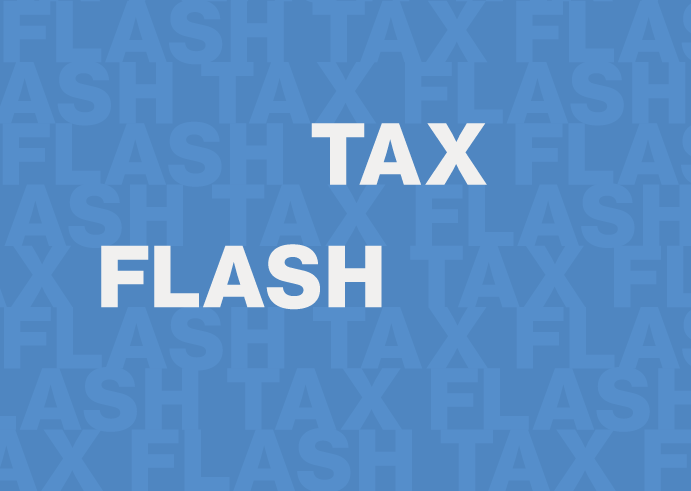ECJ: No tax liability by virtue of invoice for supplies to final consumers

ECJ: No tax liability by virtue of invoice for supplies to final consumers
The European Court of Justice (ECJ) recently dealt with the question of VAT liability by virtue of invoicing and denied this if the recipients of the services are end consumers. In the absence of tax liability by invoice, there is no requirement to correct the invoice in order to correct the VAT invoiced on the basis of an excessively high VAT rate with effect ex tunc.
The judgment handed down on 8 December 2022 (ECJ 08.12.2022, C-378/21, P GmbH) was based on an Austrian case.
Facts of the case
P GmbH (P) operated an indoor playground and provided its services exclusively to end consumers, in particular to families with children. P erroneously invoiced VAT by means of cash register receipts (small-value invoices within the meaning of section 11 (6) UStG) using the excessively high VAT rate of 20 %. In fact, P’s services should have been subject to the reduced tax rate of 13 %.
It was disputed whether, in the case of services exclusively to final consumers who are not entitled to deduct input tax, which does not jeopardise tax revenue, a tax liability can exist at all by virtue of the invoice.
Judgment of the ECJ
The ECJ based its comments on the incurrence of tax liability on the premise that the recipients of the services are exclusively final consumers who are not entitled to deduct input tax (B2C).
On this basis, the ECJ denied that a tax liability arose by virtue of the invoice, precisely on the grounds that in the present case there was no risk to tax revenue. This was because P’s customers in the tax year in question were exclusively final consumers who were not entitled to deduct input tax.
In such a case, Article 203 of the VAT Directive, according to which value added tax shall be payable by any person who mentions this tax on an invoice (tax liability by virtue of invoice; implemented in Austrian VAT law in section 11(12) UStG 1994), was not applicable.
It is already clear from the previous case-law of the ECJ that Art 203 of the VAT Directive is intended to counteract the threat to tax revenue that may result from the right to deduct input tax provided for in the VAT Directive. Consequently, Article 203 of the VAT Directive applies when VAT has been wrongly invoiced and there is a threat to tax revenue because the addressee of the invoice in question can assert his right to deduct.
Practical implications
The ECJ’s decision is of great practical importance for the companies concerned. If services were provided exclusively to end consumers, and if there is thus no risk to tax revenue, no tax liability arises for the tax amount that was calculated too high – compared to the application of the correct tax rate – despite an incorrect, overly high tax rate being charged.
In view of the large number of transactions with end consumers, a correction of invoices is de facto impossible. The present ruling now opens up the possibility for entrepreneurs to correct overpaid VAT without correcting the invoices issued for this purpose. And such a correction of the VAT liability would have to be made with retroactive effect (ex tunc) due to the lack of accrual of the tax liability, which would only be possible ex nunc in the case of invoice corrections. Finally, good faith on the part of the trader issuing the incorrect invoice must be assumed.
It must be assumed that the ruling is not to be applied without further ado if an additional amount is shown to an entrepreneur who is not entitled to deduct input tax (e.g. an entrepreneur who is exempt from VAT). In this case, it cannot be ruled out that the recipient of the service may deduct the input tax incorrectly, but nevertheless unrecognised.
The subsequent decision of the Federal Fiscal Court (Bundesfinanzgericht, BFG) remains to be seen.
Addendum of 13.02.2023: Decision of the BFG of 27.01.2023
In its decision of 27 January 2023, RV/7100930/2021, the BFG followed the case law of the VwGH on the UStG 1994 (e.g. VwGH 13 September 2017, Ro 2017/13/0015) on the restrictive interpretation of national law: the provision of section 11 (12) UStG 1994 can therefore be interpreted in a restricted manner in the light of the case law of the ECJ to the effect that it should only be applicable in the case of a risk to tax revenue.
The BFG thus followed the ruling of the ECJ in its reasoning: No tax liability by virtue of invoicing in the case of B2C small-value invoices due to the lack of risk of non-payment of tax.